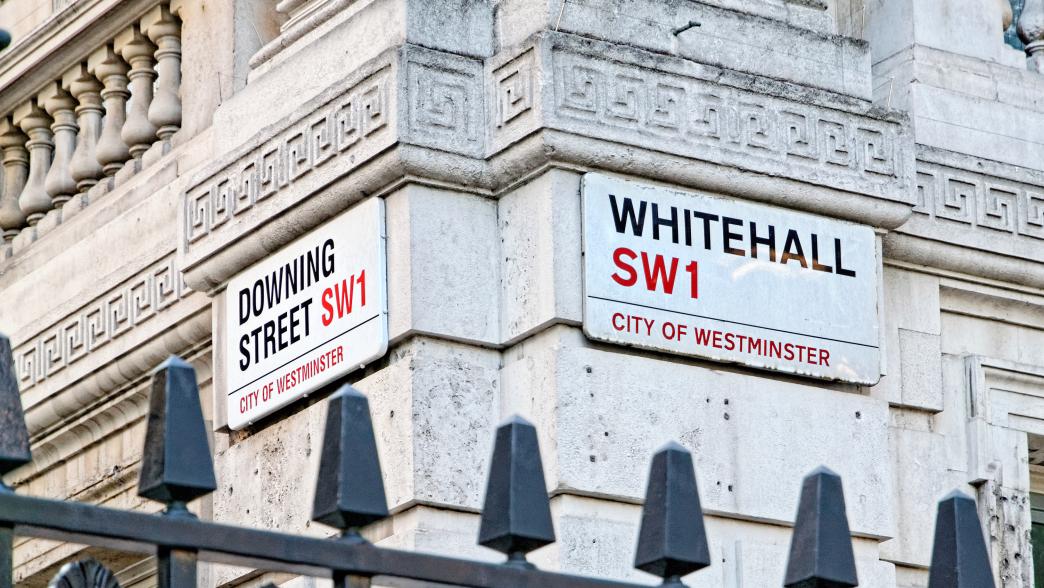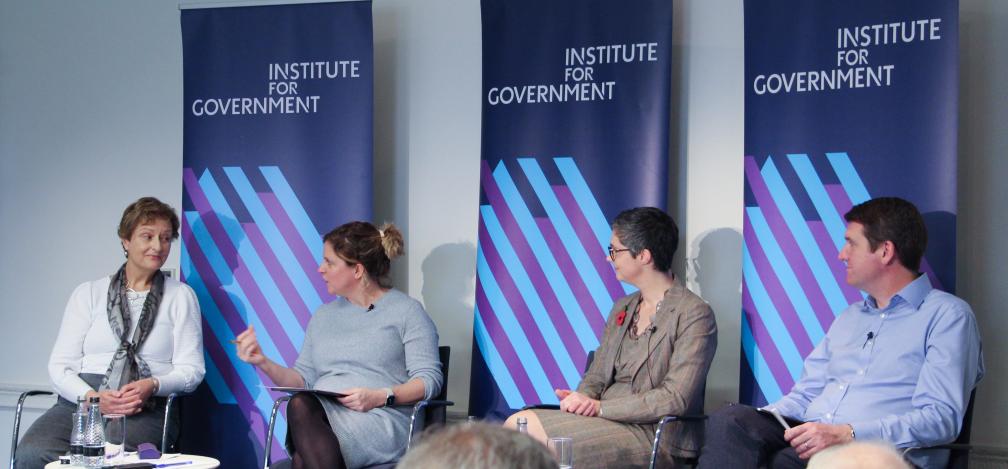Being a minister isn’t easy – but learning about the role will help
Ministers can be better at their jobs if they take time to think about their work and seek out support.

Ministers Reflect: What is it really like leading a government department?
Watch all the discussions from our one-day conference exploring the day-to-day realities of being a minister and how to do the job well.
Watch the conference